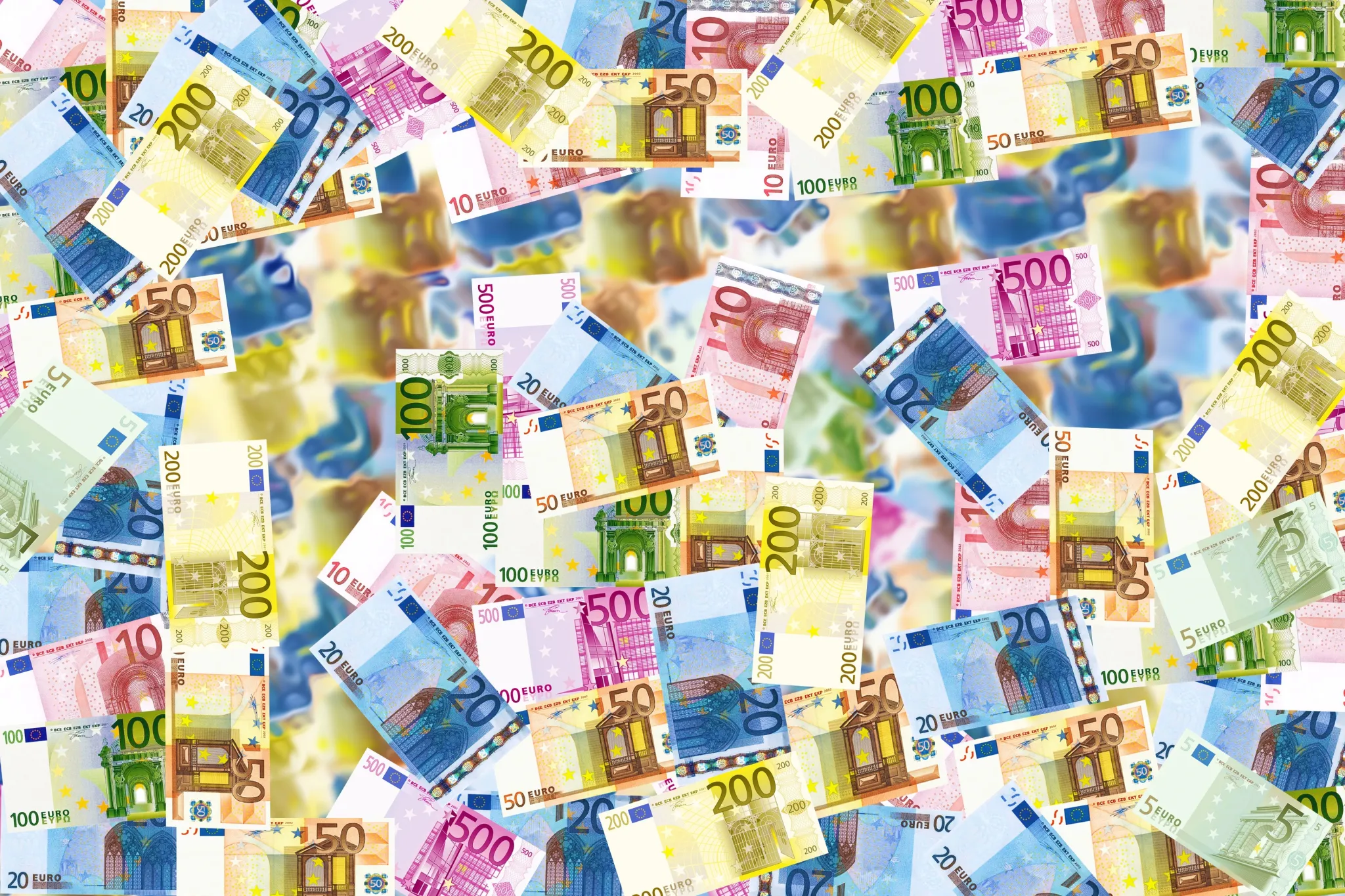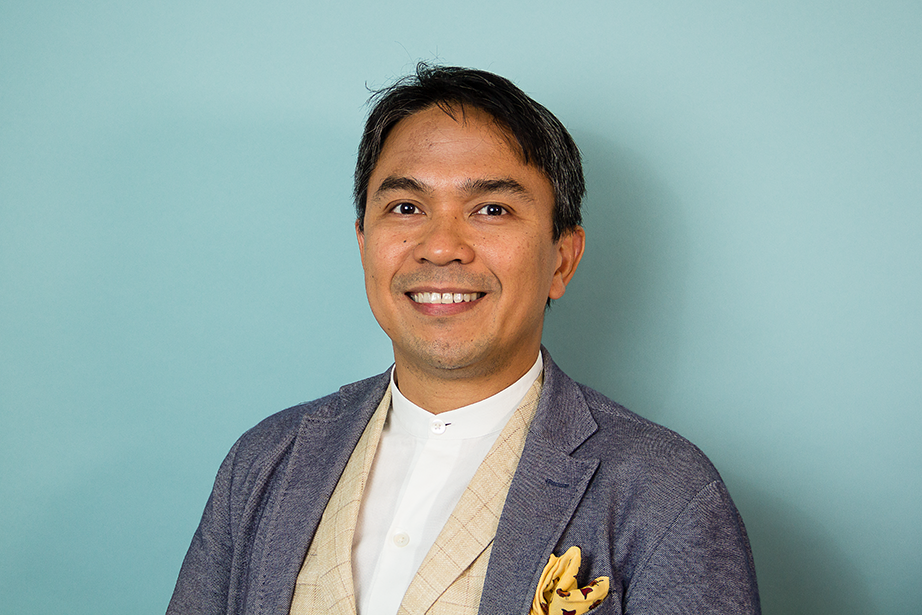Money in politics: the good, the bad and the what could become ugly

For democracies to function properly and meet the needs of citizens, they need to be adequately resourced. It is therefore unavoidable to talk about money when discussing the conduct of elections, running a government, drafting laws and running public services.
The discussion is not just about the amounts of money and how it is allocated. It can also include the system of allocation and where the money comes from. This is important as while money can enable a democracy to better provide and secure the future of its citizens (the good), it is prone to abuse (the bad).
Abuse of money in politics can undermine the running of a democratic system. Through corruption, money can be used to influence democracy actors and institutions to favour certain groups and their interests. Unbridled use of funds by candidates and political parties can make the playing field for elections uneven. Illicit funds by organized crime can lead to inefficient or disrupted public services.
It is important, therefore, that in a democracy the use of money is transparent, monitored and regulated. This is the premise behind International IDEA’s money in politics initiative. This is also expressed in the Secretary-General of International IDEA’s message as he reflects on the year that was and what it means for democracies worldwide, particularly in relation to money in politics.
Over the past 15 years, International IDEA has developed an extensive body of knowledge and resources on money in politics. The objective is to give money a more positive role in politics by building the institutional capacity of governments, political parties and oversight agencies to regulate political finance and reduce corruption.
Our three-pronged approach consists of (a) supporting the actors responsible for the design and oversight of political finance laws in monitoring the threats posed by illicit sources of money and designing strategies for their prevention and mitigation; (b) working with political parties and other actors in complying with the political finance regulations; and (c) supporting efforts to increase the transparency of the information that is produced as a result of political finance laws and regulations.
In this issue of our newsletter, we feature the actions we undertook using this approach. In Let’s talk about money: comparative perspectives on political finance regulations, we present our recently updated Political Finance Database, the leading global resource of comparative political finance data in the world today. It tackles all aspects of political finance regulation through 74 questions and covers 180 countries. In Mongolia calls for political finance reform amid political turmoil, we discuss International IDEA’s EU-funded technical assistance in Mongolia to help combat corruption. Through the report, Political Finance in Mongolia: Assessment and Recommendations, a set of actionable points are put forward to in order to help reform the country’s political finance framework. In Campaign Finance Framework in Myanmar, we present challenges to Myanmar’s campaign finance regulatory framework as it gears up for its second democratic general elections in 2020. In so doing, we also highlight International IDEA’s support to the Union Elections Commission’s reform efforts to keep the credibility of the electoral process. In Daniel Zovatto: “The rules of political financing must be thoroughly reformed.”, our Director for Latin America and the Caribbean, Daniel Zovatto, discusses the challenges of political finance in Latin America and puts forward ways that this can be addressed. Finally, in Gender-targeted public funding to support women in politics: the Albanian case, we focus on how public funding can help level the playing field for women and men candidates. In particular, we look closely at the experience of Albania, which resulted in an increase in the proportion of women in parliament. International IDEA’s research on the impact of public funding in addressing gender inequality can be found in the book, Gender-Targeted Public Funding for Political Parties
Being aware of how money can be used to advance democracy and its principles of equality and accountability, as well as be abused to unduly influence political actors and institutions empowers us, citizens. We then recognize the importance of transparency and become vigilant in ensuring that money is used appropriately.
We can thus do our part to keep money good – and we can prevent its bad aspects from becoming ugly and detrimental to our democracies.




